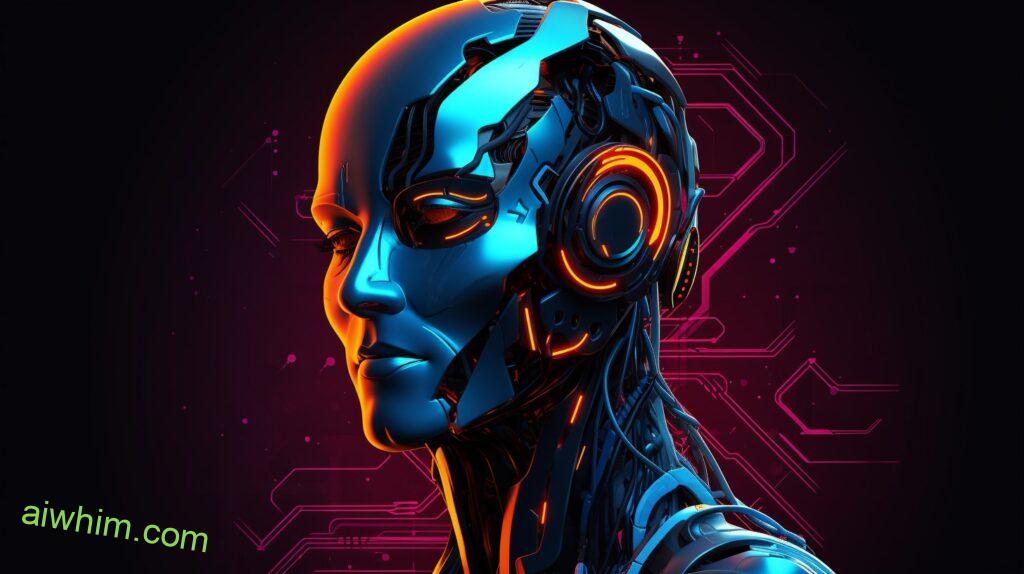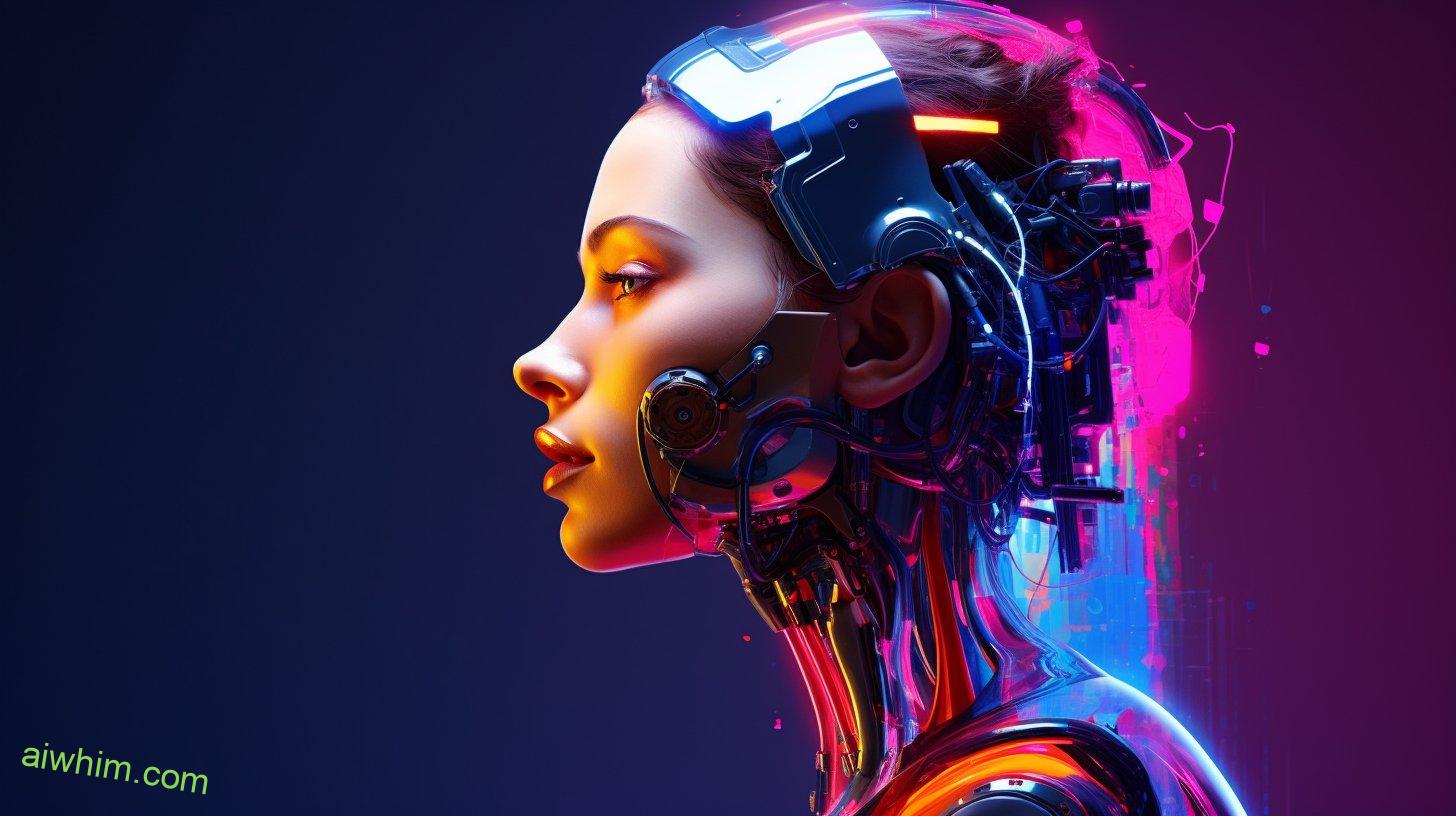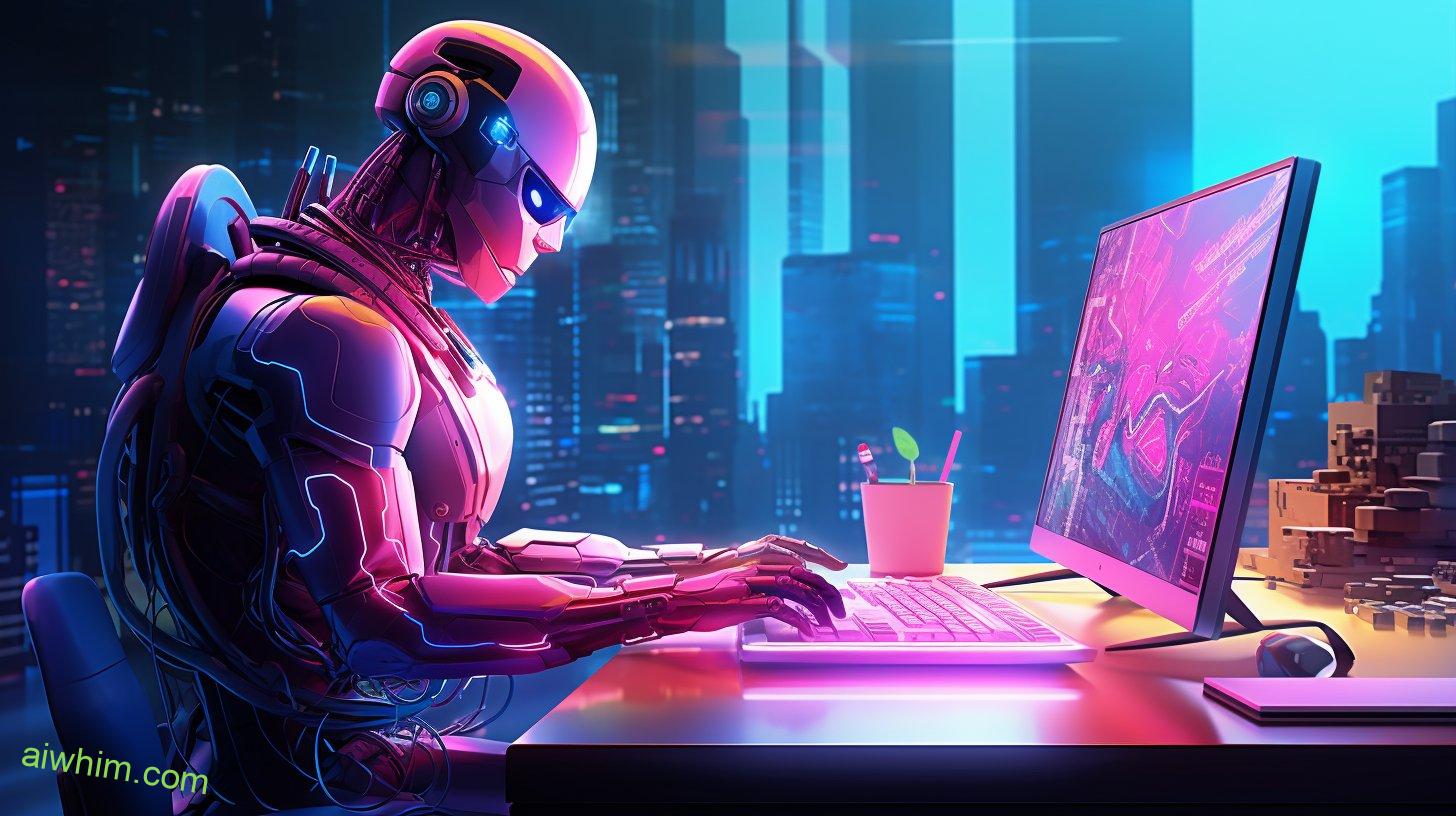In an industry that has always been the beating heart of hospitality, the role of hotel desk clerks has been likened to the conductor of a symphony, orchestrating the smooth flow of guest experiences.
But as the world embraces the era of technological advancements, the question arises: Will this harmonious symphony soon be replaced by the precise and efficient notes of artificial intelligence?
As you step into the lobby of the future, ponder the potential impact of AI on hotel desk clerks and the delicate balance that must be struck between automation and the human touch.
Key Takeaways
- Technological advancements in the hotel industry are driving transformations and enhancing guest experiences.
- AI is revolutionizing the hotel industry by automating tasks, providing personalized assistance, and optimizing operations.
- Hotel desk clerks’ job roles are changing due to AI, with a focus on providing personalized and specialized assistance.
- Automation and digital solutions are streamlining check-in and check-out processes, improving efficiency and convenience for guests.
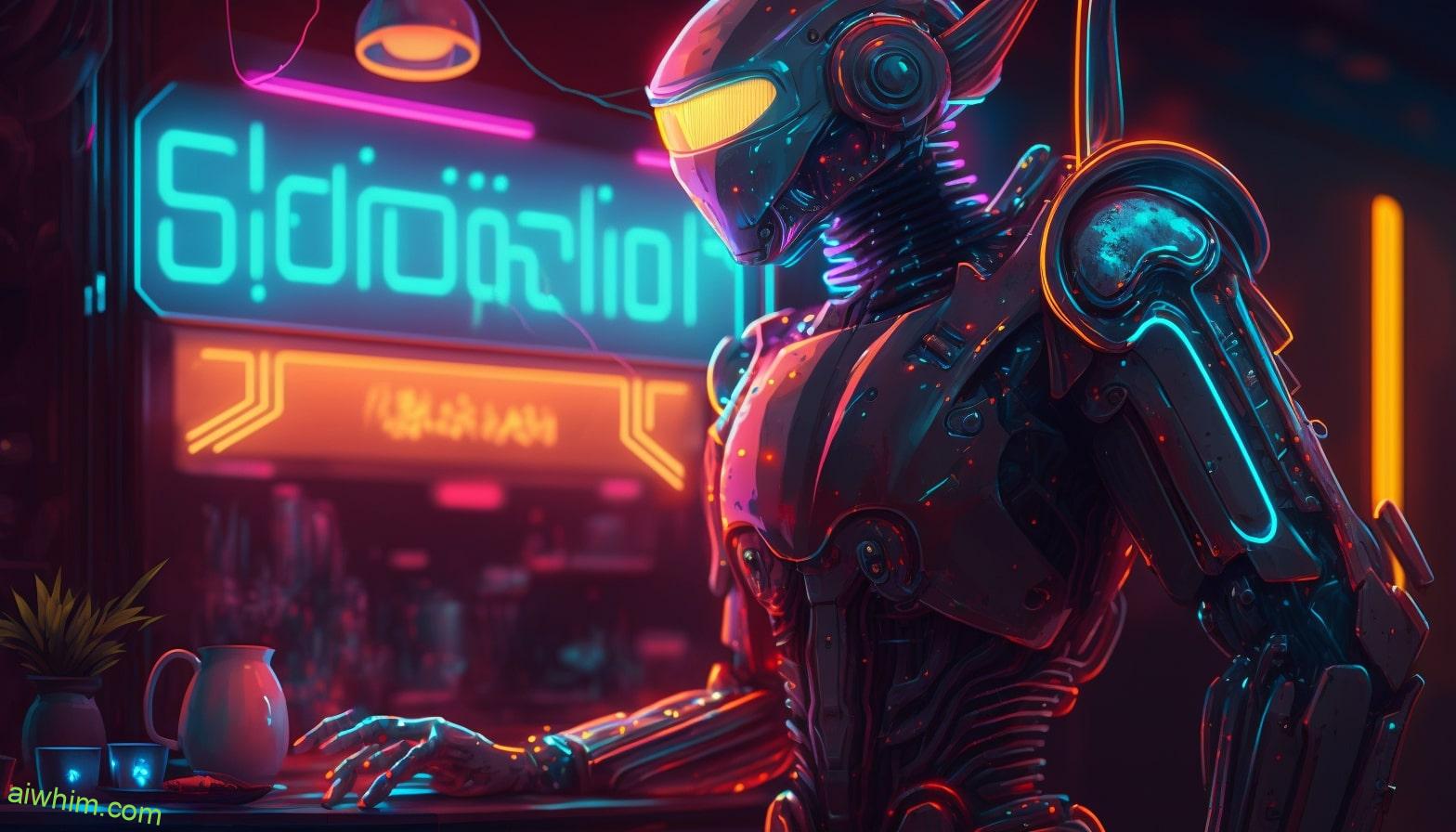
Changing Landscape of Hotel Industry
The hotel industry is undergoing significant transformations, driven by technological advancements and changing customer preferences. As a traveler who values freedom and convenience, you’re witnessing a changing landscape in the hotel industry.
One of the key drivers of this change is the rapidly changing technology. Hotels are embracing innovative solutions to enhance guest experiences and streamline operations. From mobile check-ins and keyless entry to personalized recommendations based on your preferences, technology is reshaping the way hotels interact with their guests.
Customer preferences are also playing a crucial role in shaping the hotel industry. As a guest, you have become more demanding and expect personalized experiences tailored to your needs. Hotels are investing in technology to meet these expectations. For instance, many hotels are using artificial intelligence (AI) to analyze guest data and provide customized offers and services. AI-powered chatbots are also becoming common, allowing you to interact with the hotel staff and get immediate assistance, anytime, anywhere.
Moreover, technology is enabling hotels to offer more flexibility and freedom to their guests. With the rise of online booking platforms, you have the freedom to compare prices, read reviews, and choose the best accommodation options for your needs. Hotels are also embracing smart room controls, allowing you to adjust the temperature, lighting, and other room settings according to your preferences.
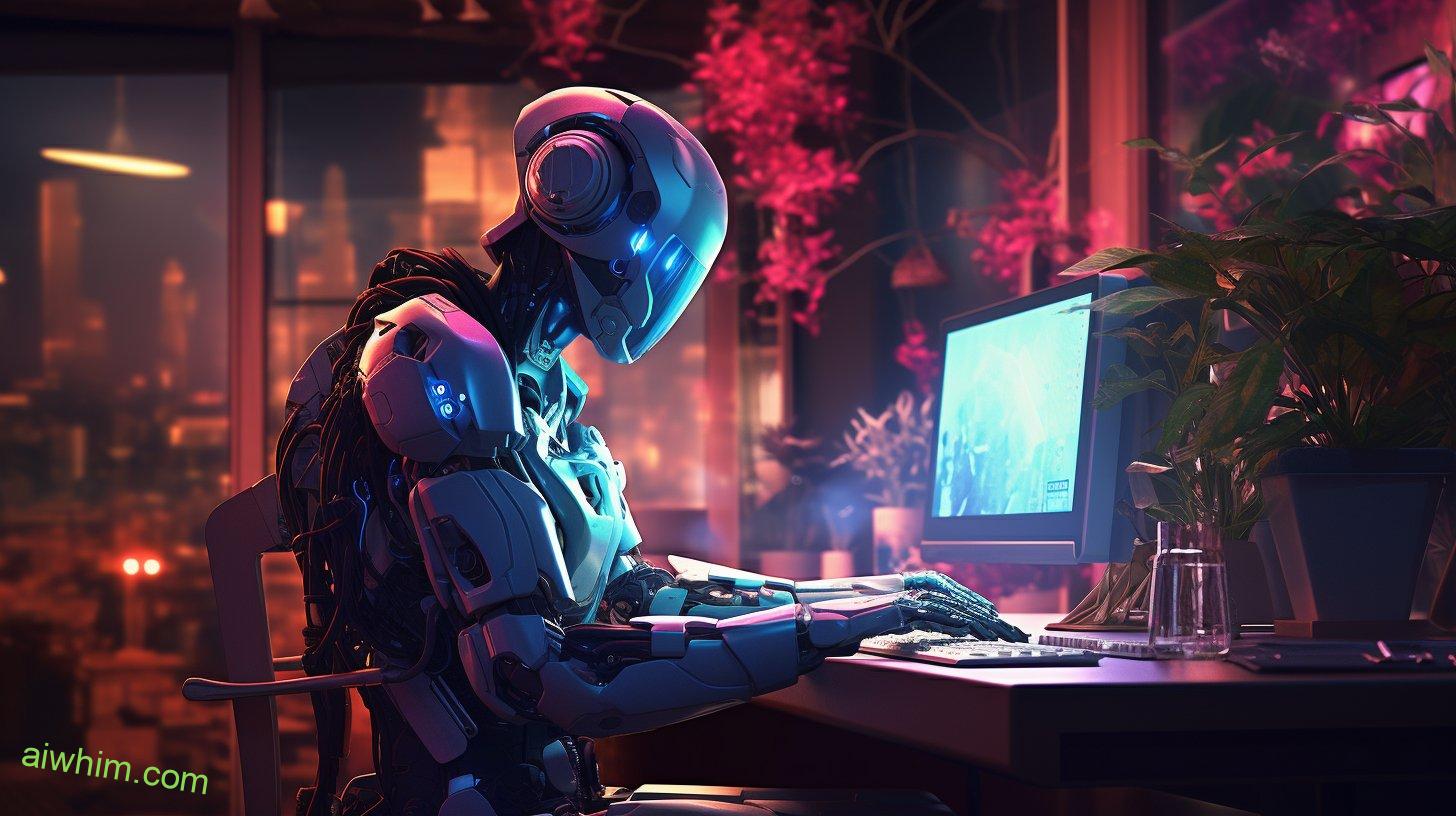
The Rise of Artificial Intelligence
Artificial Intelligence is revolutionizing the hotel industry, transforming the way hotels interact with guests and streamline operations. With the rise of AI, the workforce dynamics in hotels are changing rapidly. Tasks that were once performed by human employees are now being automated, leading to a shift in the roles and responsibilities of hotel desk clerks.
As technology advances, AI systems are becoming more sophisticated and capable of performing complex tasks. Virtual assistants and chatbots are being used to handle customer inquiries, make reservations, and provide personalized recommendations. This not only improves the efficiency of hotel operations but also enhances the guest experience by providing instant and accurate responses.
However, the integration of AI in the hotel industry raises ethical implications. While AI can enhance efficiency and productivity, it also brings concerns about job displacement. As more tasks are automated, the need for human employees may decrease, leading to potential job losses. This changing workforce dynamic requires careful consideration to ensure that employees are adequately trained and equipped with the skills needed to work alongside AI systems.
Additionally, the use of AI in the hotel industry raises concerns about data privacy and security. As AI systems collect and analyze guest information, there’s a need for robust safeguards to protect sensitive data and prevent any misuse. Hoteliers must prioritize the ethical use of AI and ensure that guest privacy is respected at all times.
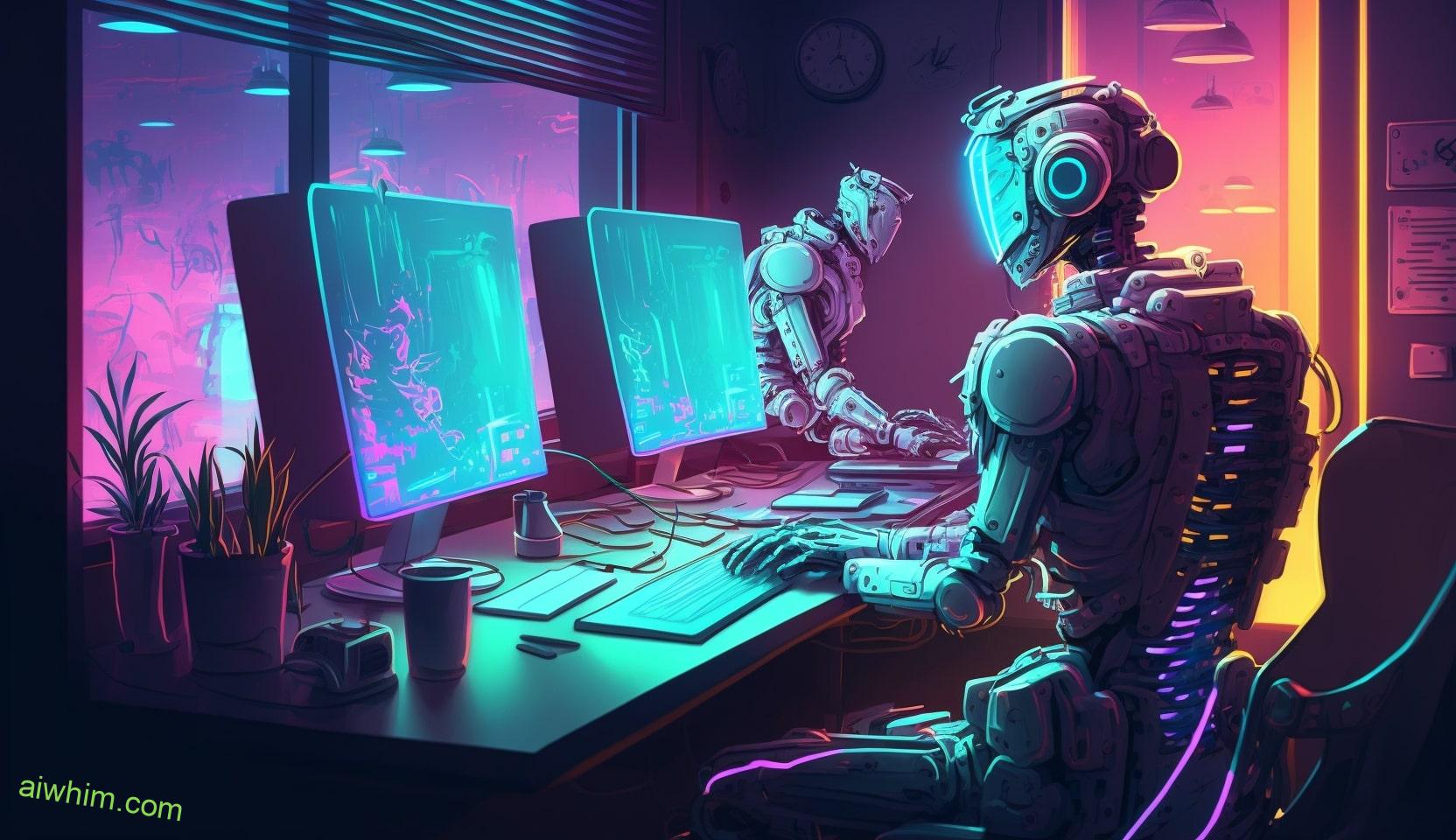
Role of AI in Hotel Operations
AI is transforming hotel operations by automating tasks and enhancing efficiency. With the integration of AI in hotel operations, the guest experience is being revolutionized. Here are two ways AI is making a significant impact in the hotel industry:
- AI in Guest Services:
- Chatbots: AI-powered chatbots are being utilized to provide quick and personalized assistance to guests. These virtual assistants are available 24/7, allowing guests to ask questions, make requests, and receive instant responses without the need for human intervention. Whether it’s booking a room, ordering room service, or getting recommendations for local attractions, chatbots ensure that guests have a seamless and efficient experience.
- Voice Recognition: AI technology is being used to develop voice-activated systems that enable guests to control various aspects of their hotel room using voice commands. From adjusting the temperature and lighting to ordering room service, guests can simply speak their requests, making their stay more convenient and hands-free.
- AI in Hotel Operations:
- Predictive Analytics: AI algorithms analyze vast amounts of data to predict guest behavior, preferences, and demands. This helps hotels optimize their operations by forecasting occupancy rates, adjusting staffing levels, and ensuring the availability of amenities. By understanding guest patterns, hotels can offer personalized experiences and maximize revenue.
- Robotic Process Automation: AI-powered robots are being implemented to automate routine tasks such as cleaning, room service delivery, and luggage handling. These robots not only save time but also reduce the risk of human error. With repetitive tasks taken care of, hotel staff can focus on providing exceptional service and addressing guest needs.
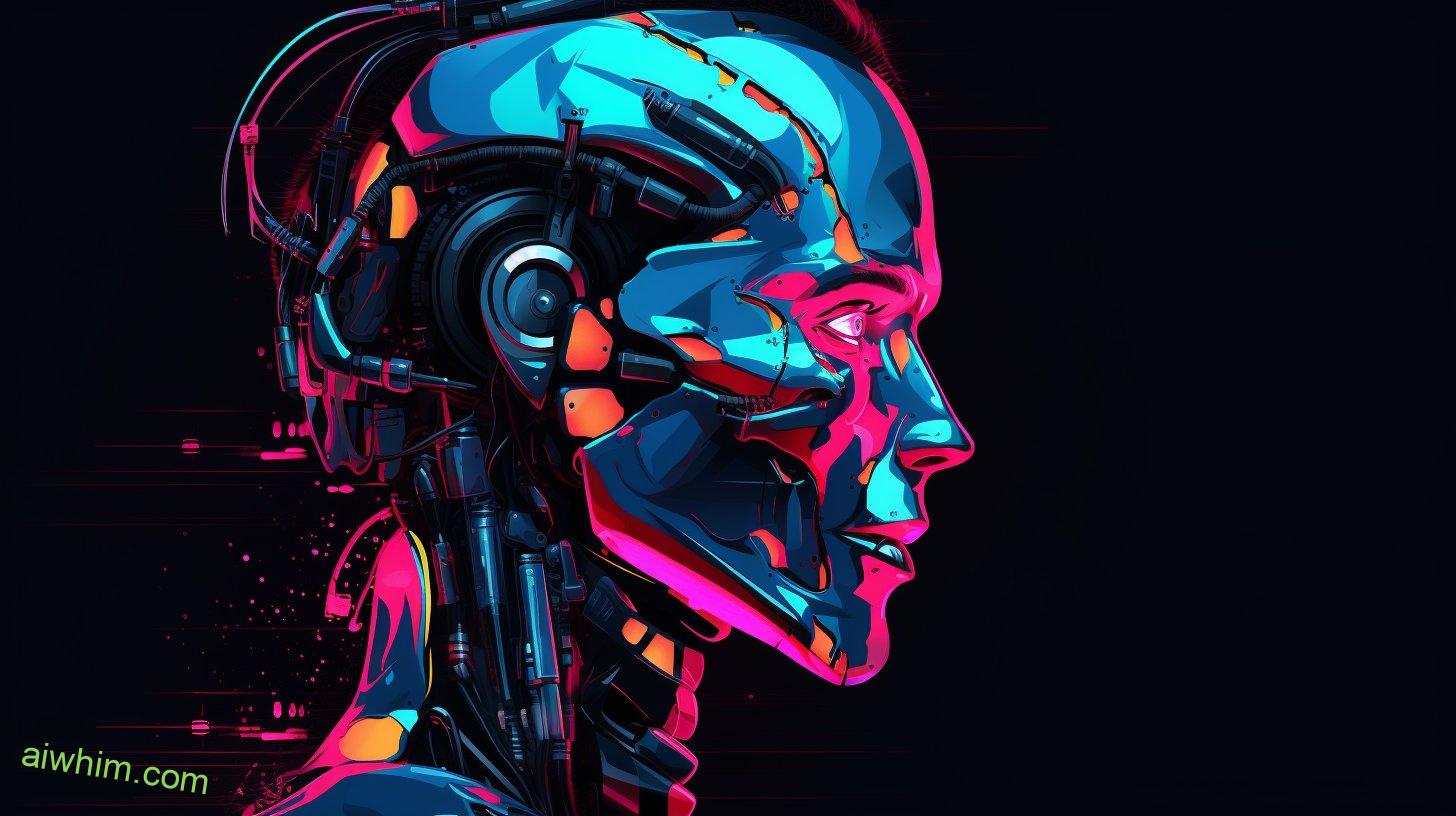
Impact on Hotel Desk Clerks
Hotel desk clerks are experiencing significant changes due to the integration of AI technology in hotel operations. As technology continues to advance, the job roles of hotel desk clerks are evolving, leading to concerns about job security.
With the introduction of AI systems, such as chatbots and automated check-in kiosks, the traditional responsibilities of desk clerks are being automated, affecting their daily tasks and overall job functions.
The changing job roles of hotel desk clerks are directly influenced by the implementation of AI technology. Tasks that were once solely performed by desk clerks, such as check-in and check-out processes, are now being taken over by self-service kiosks. These automated systems allow guests to complete these tasks independently, reducing the need for desk clerks to be physically present at all times.
As a result, desk clerks are now tasked with providing more personalized and specialized assistance to guests, focusing on addressing complex inquiries and handling unique situations that require human intervention.
While the integration of AI technology may raise concerns about job security among hotel desk clerks, it’s important to note that AI isn’t intended to completely replace humans in the hospitality industry. The human touch and personalized service that desk clerks provide can’t be replicated by AI systems alone.
However, it’s crucial for desk clerks to adapt and acquire new skills to effectively collaborate with AI technologies. By embracing these changes, desk clerks can enhance their value and contribute to the overall guest experience.
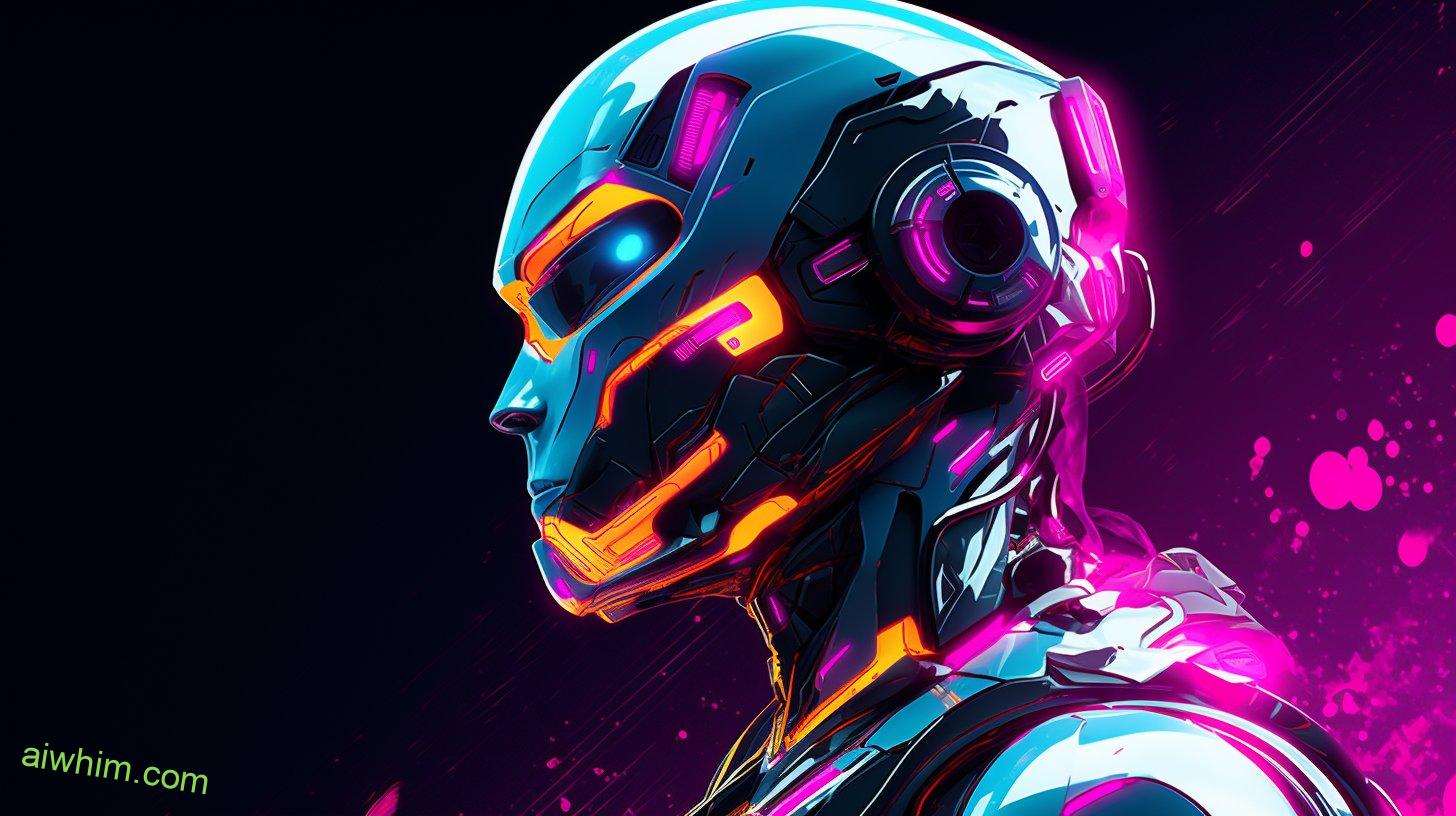
Streamlining Check-in and Check-out Processes
As technology continues to advance and reshape the roles of hotel desk clerks, one area that has seen significant changes is the streamlining of check-in and check-out processes. With the goal of providing a seamless and hassle-free experience for guests, hotels are increasingly turning to automating front desk operations and implementing digital key solutions.
Here’s how these advancements are revolutionizing the check-in and check-out processes:
- Automating Front Desk Operations:
- Self-Service Kiosks: Hotels are introducing self-service kiosks where guests can check-in and check-out independently, reducing the need for long queues and wait times.
- Mobile Check-in: Many hotels now offer mobile check-in options, allowing guests to complete the process on their smartphones before arriving, making the front desk interaction swift and efficient.
- Digital Key Solutions:
- Mobile Keys: Hotels are embracing digital key solutions, allowing guests to use their smartphones as room keys. This eliminates the need for physical key cards and provides guests with the convenience of accessing their rooms directly.
- Contactless Check-out: Digital key solutions also enable guests to check-out without visiting the front desk. They can simply leave the room and receive the bill electronically, providing a contactless and efficient check-out experience.
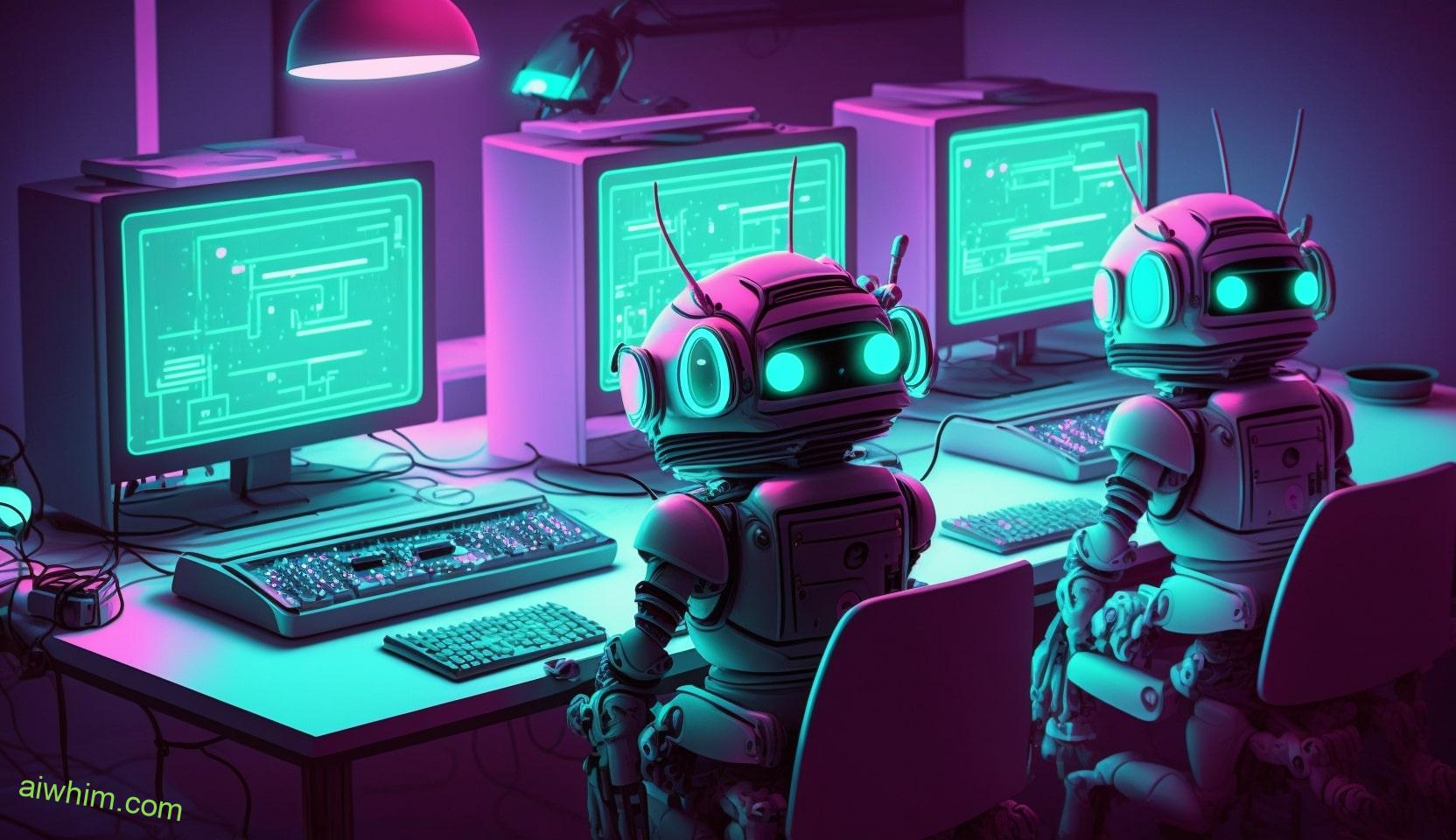
Enhancing Guest Experience With AI
By incorporating AI technology into their operations, hotels have found innovative ways to enhance the overall experience for their guests. One notable development is the introduction of robot concierges. These humanoid machines, equipped with advanced AI algorithms, can provide personalized recommendations and assistance to guests.
Imagine arriving at a hotel and being greeted by a friendly robot concierge. This futuristic assistant can’t only answer your questions about the hotel amenities and services, but also provide recommendations for local attractions, restaurants, and events based on your preferences. With its ability to analyze vast amounts of data, the robot concierge can offer tailored suggestions that suit your interests, whether you’re a foodie looking for the best local cuisine or an adventure seeker in search of thrilling activities.
Personalized recommendations aren’t limited to just local attractions. AI technology can also be used to enhance other aspects of your stay. For example, hotels can utilize AI algorithms to analyze your previous preferences and booking history to suggest room upgrades or additional services that align with your preferences. This level of personalization creates a sense of exclusivity and makes guests feel valued and appreciated.
Moreover, AI-powered chatbots can be integrated into hotel websites or mobile apps to provide instant assistance and support. These chatbots can handle common inquiries, such as room availability, hotel policies, or even making reservations, saving you time and effort. With their natural language processing capabilities, chatbots can provide quick and accurate responses, ensuring a seamless and efficient guest experience.
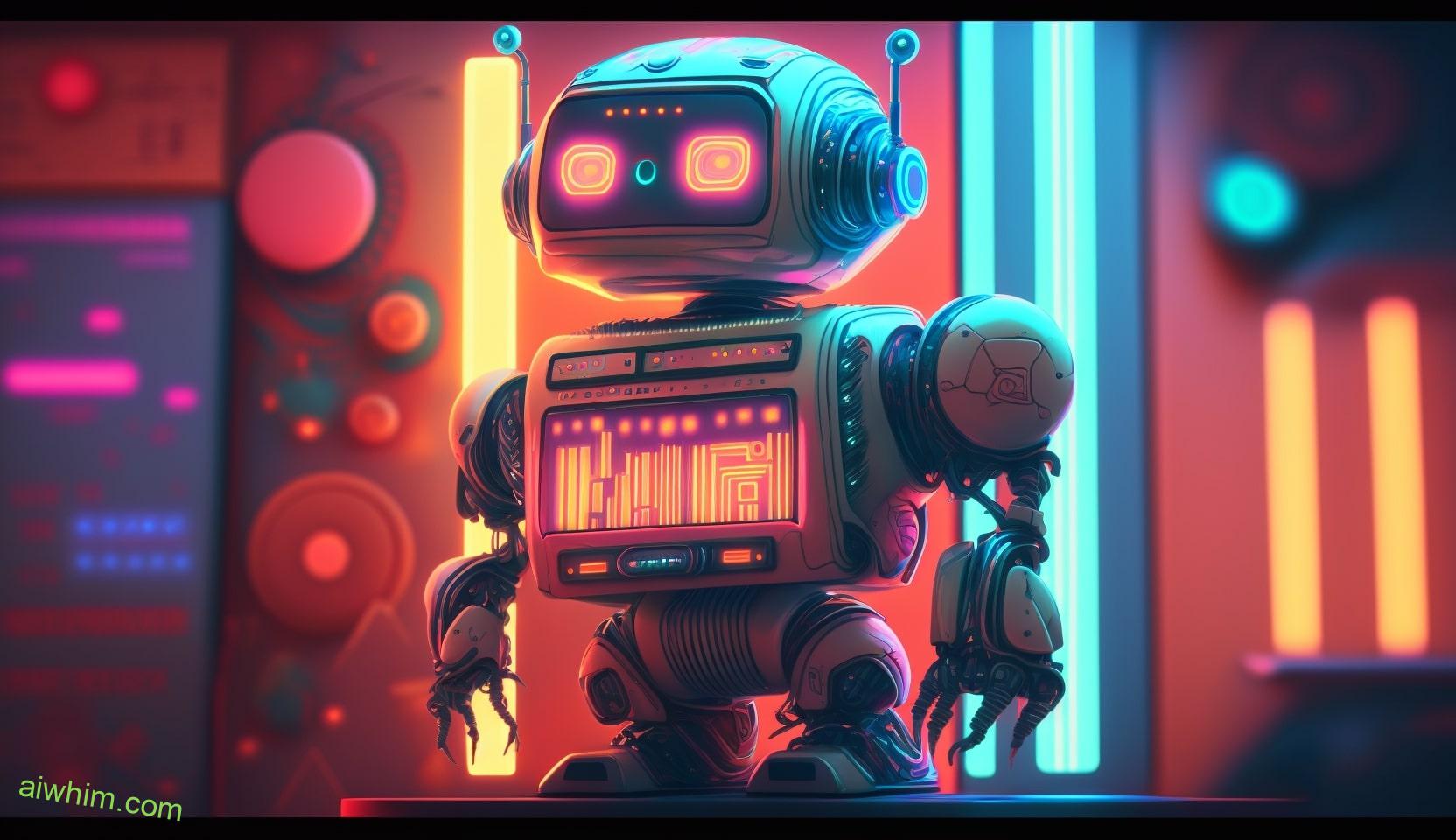
Potential Cost Savings for Hotels
With the implementation of AI technology in hotels, significant cost savings can be achieved. This has important cost implications for hotel owners and operators, allowing them to streamline operations and reduce expenses.
Here are two ways in which hotels can benefit from the cost-saving potential of AI:
- Efficient Staffing: By utilizing AI-powered chatbots and virtual assistants, hotels can minimize the need for a large number of desk clerks and customer service representatives. These AI systems can handle routine tasks such as check-in/out, answering frequently asked questions, and providing recommendations, freeing up human staff to focus on more complex issues and personalized guest interactions. This reduction in staffing requirements can lead to substantial cost savings in terms of salaries, benefits, and training expenses.
- Enhanced Operations: AI technology can optimize hotel operations by analyzing data and making data-driven decisions. For example, AI algorithms can monitor occupancy rates, guest preferences, and seasonal trends to predict demand accurately. This information can be used to optimize pricing strategies, inventory management, and staffing levels, ensuring that resources are allocated efficiently. By reducing operational inefficiencies and minimizing wastage, hotels can significantly cut down on costs while maximizing revenue potential.
These cost savings achieved through the implementation of AI technology not only benefit hotel owners and operators but also contribute to guest satisfaction. With streamlined operations and improved efficiency, hotels can offer better services to their guests. AI-powered systems can provide instant responses, personalized recommendations, and round-the-clock assistance, enhancing the overall guest experience.
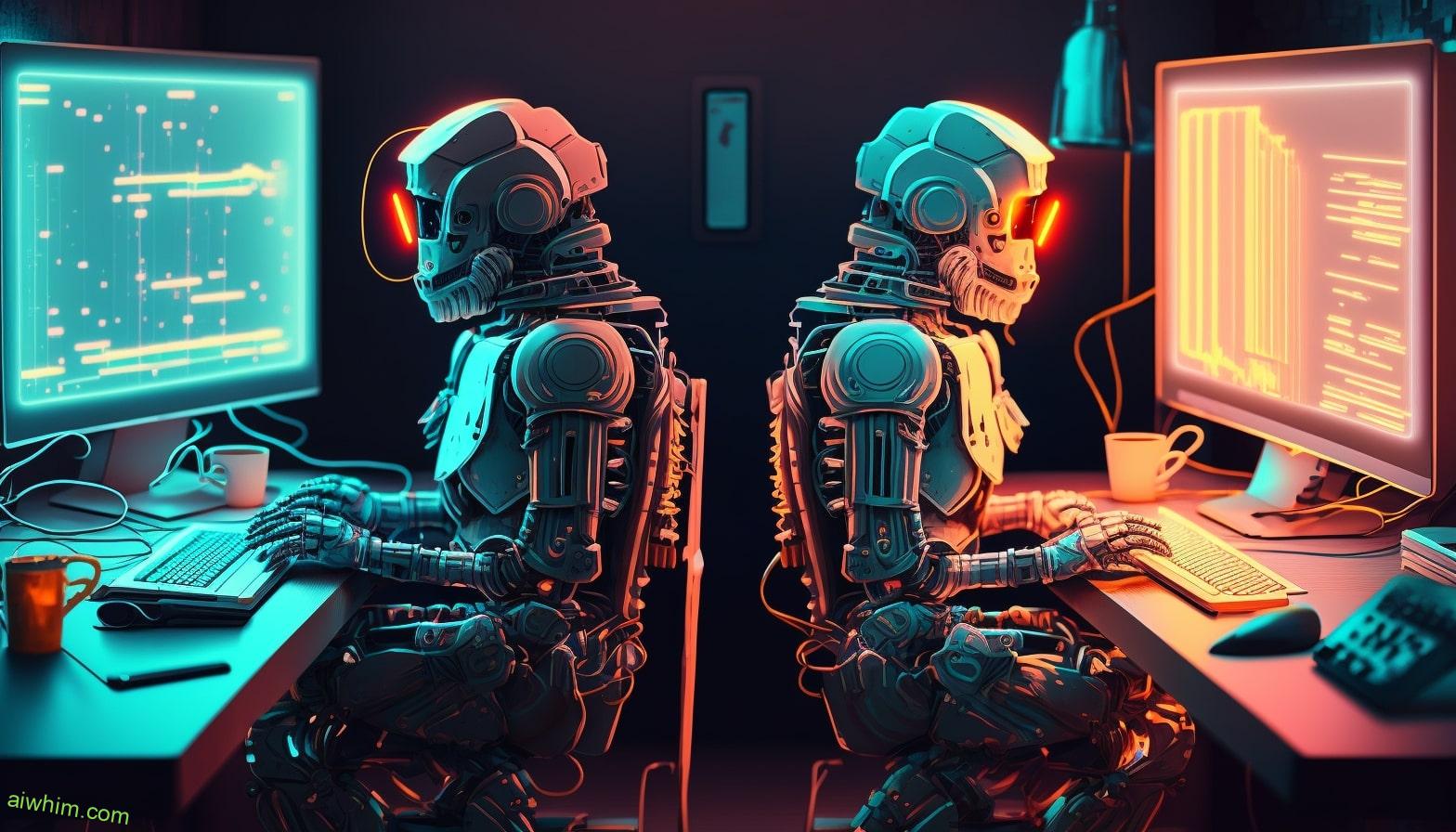
Improving Efficiency and Productivity
To improve efficiency and productivity in hotels, implementing AI technology is essential. AI can play a crucial role in increasing customer satisfaction and optimizing resource allocation. With AI, hotels can provide a more personalized and efficient experience for their guests.
One way AI can enhance customer satisfaction is by streamlining the check-in and check-out processes. Instead of waiting in long queues at the front desk, guests can use self-service kiosks or mobile apps powered by AI to quickly complete these tasks. This not only saves time for the guests but also reduces the workload on the hotel desk clerks, allowing them to focus on other important tasks.
AI can also optimize resource allocation in hotels. By analyzing historical data and current trends, AI algorithms can accurately predict the demand for rooms, enabling hotels to adjust their inventory and pricing accordingly. This ensures that rooms are always available when needed and maximizes revenue for the hotel.
Furthermore, AI-powered chatbots can handle basic customer queries and provide instant responses, freeing up hotel desk clerks to address more complex issues. These chatbots can be available 24/7, ensuring that guests receive prompt assistance at any time.
In addition to improving efficiency, AI technology can also enhance the overall guest experience. For example, AI-powered virtual assistants in hotel rooms can provide personalized recommendations for dining, entertainment, and local attractions, based on guests’ preferences and past behavior.
Implementing AI technology in hotels isn’t about replacing human interaction, but rather enhancing it. By leveraging AI to increase efficiency and productivity, hotels can create a seamless and personalized experience for their guests, ultimately leading to higher customer satisfaction and loyalty.
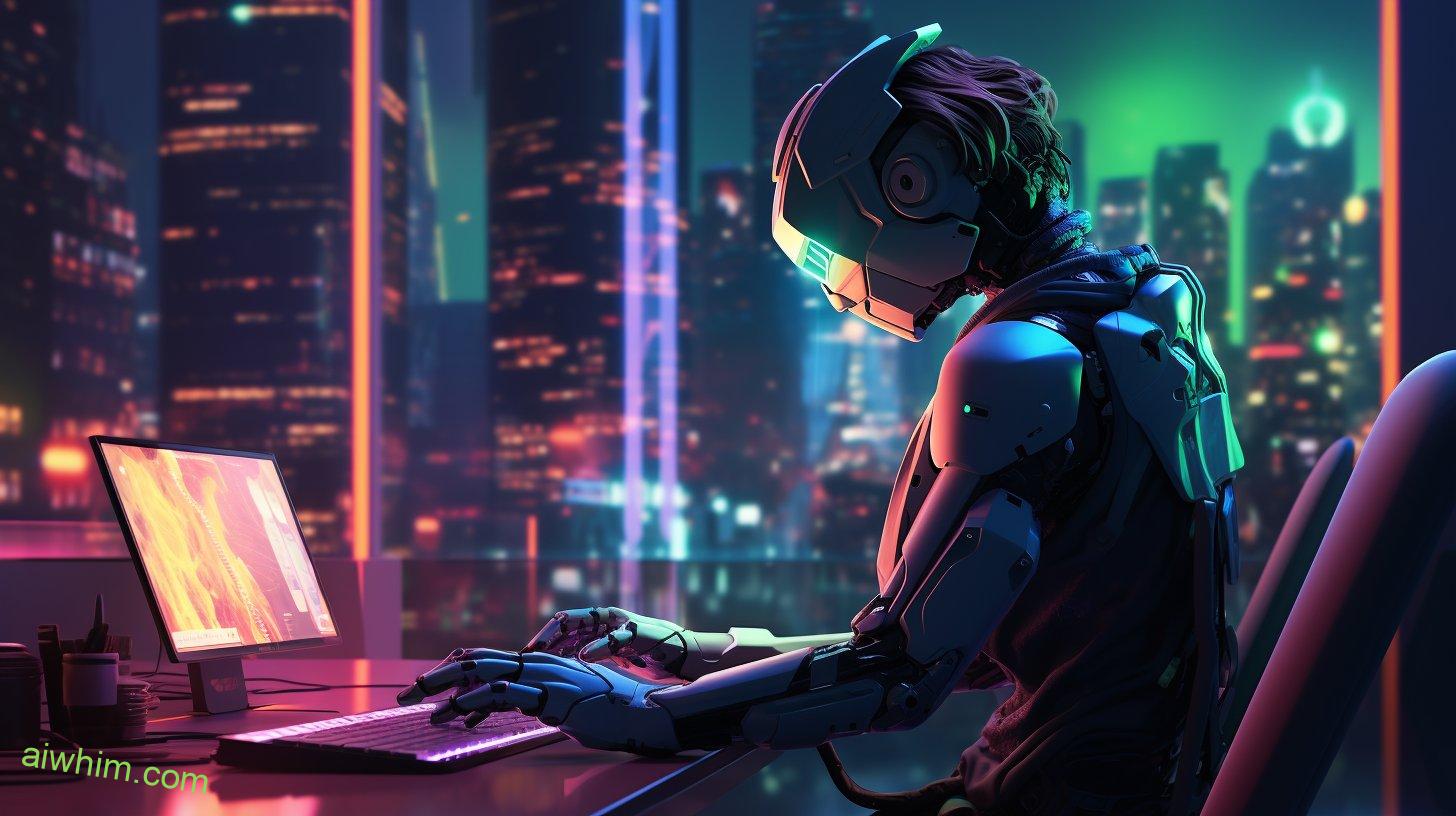
AI-Powered Customer Service Solutions
As we delve into AI-Powered Customer Service Solutions, you can harness the power of artificial intelligence to revolutionize your guest experience. By incorporating AI-powered chatbots and virtual concierges, hotels can enhance their customer service in ways never seen before. Here’s how:
- 24/7 Availability: With AI-powered chatbots, you can provide round-the-clock assistance to your guests. These chatbots are programmed to handle common inquiries, such as room reservations, check-in/check-out procedures, and general information about the hotel. By offering immediate responses and personalized recommendations, you ensure that your guests feel attended to at all times.
- Efficient Problem Solving: AI-powered chatbots have the ability to quickly analyze and understand guest concerns. They can offer solutions to common issues, such as room temperature adjustments or requests for additional amenities. By addressing problems in a timely manner, you can prevent potential dissatisfaction and ensure a seamless guest experience.
- Personalized Recommendations: Virtual concierges powered by AI can analyze guest preferences and provide tailored recommendations for dining, entertainment, and local attractions. By understanding your guests’ preferences, these virtual concierges can offer personalized experiences that cater to their individual tastes, ensuring a memorable stay.
- Reduced Wait Times: With AI-powered customer service solutions, your guests no longer have to wait in long queues or be put on hold for assistance. Chatbots can provide instant responses, while virtual concierges can handle multiple requests simultaneously. This eliminates frustration and allows your guests to make the most of their time at your hotel.
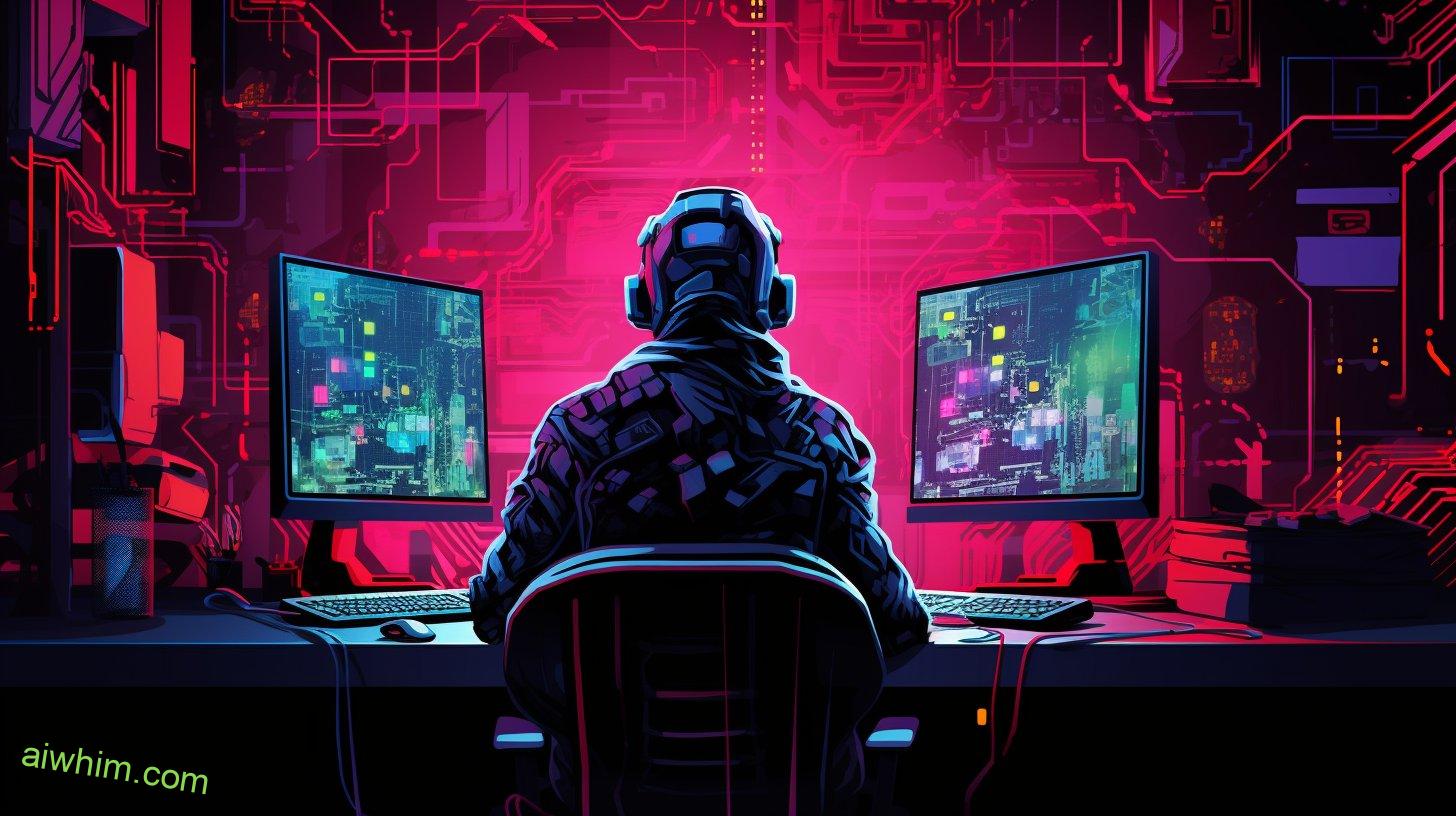
Challenges in Implementing AI in Hotels
Implementing AI in hotels comes with its fair share of challenges. As with any new technology, there are various obstacles that need to be overcome in order to successfully integrate AI into the hotel industry. One of the main challenges is the implementation process itself. It can be complex and time-consuming to integrate AI systems into existing hotel infrastructure, such as property management systems and customer databases. This requires significant investment in terms of both time and resources.
Another challenge is the ethical concerns surrounding AI integration. There are concerns about the potential loss of jobs for hotel desk clerks if AI systems take over their roles. This raises questions about the impact on human employment and the potential social consequences of widespread AI implementation in hotels. Hoteliers need to address these concerns and find ways to ensure that AI is used to augment human capabilities rather than replace them entirely.
Additionally, there are challenges related to data privacy and security. AI systems in hotels collect and process large amounts of customer data, including personal information. It’s crucial to have robust security measures in place to protect this data from unauthorized access or breaches. Hoteliers must also ensure that they’re complying with relevant data protection regulations to maintain customer trust and avoid legal issues.
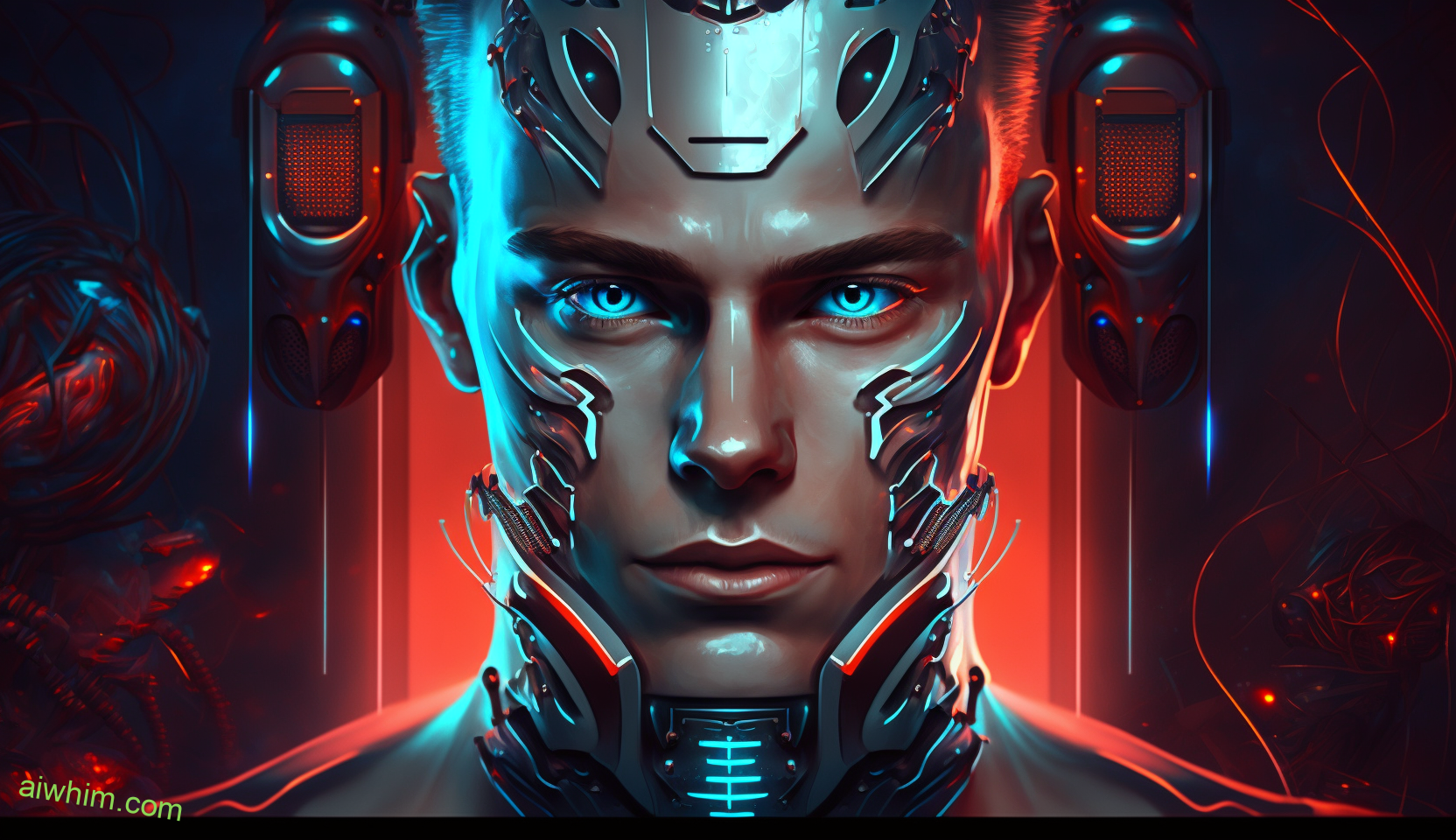
Training and Adaptation for Staff
Staff training and adaptation are crucial for successful integration of AI systems in hotels. As the hospitality industry embraces the use of artificial intelligence, it becomes imperative for hotel staff to receive proper training to effectively work alongside these advanced technologies. Here are a few reasons why staff training and adaptation are essential for a smooth transition:
- Knowledge and Skills Enhancement: Providing comprehensive training programs equips employees with the necessary knowledge and skills to operate AI systems efficiently. This includes understanding the technology, troubleshooting common issues, and optimizing its capabilities. By empowering staff with the right training, they can confidently navigate the AI landscape and deliver exceptional guest experiences.
- Employee Retention: Investing in staff training and adaptation demonstrates a commitment to employee growth and development. When employees feel valued and supported, they’re more likely to stay with the organization, reducing turnover rates. Retaining experienced staff members not only saves recruitment costs but also ensures a seamless transition during the integration of AI systems.
- Adapting Work Processes: Introducing AI systems in hotels requires a shift in work processes and procedures. Staff training plays a vital role in helping employees adapt to these changes. By providing clear guidelines and instructions, employees can understand how their roles may evolve with the use of AI. This enables them to embrace technology as a tool that enhances their efficiency and effectiveness.
- Collaboration and Support: During staff training, fostering a collaborative environment is crucial. Encouraging open communication channels and promoting teamwork ensures that employees feel supported throughout the adaptation process. This helps alleviate any concerns or fears about job security and allows staff to freely express their thoughts and ideas on how AI can be integrated seamlessly into daily operations.
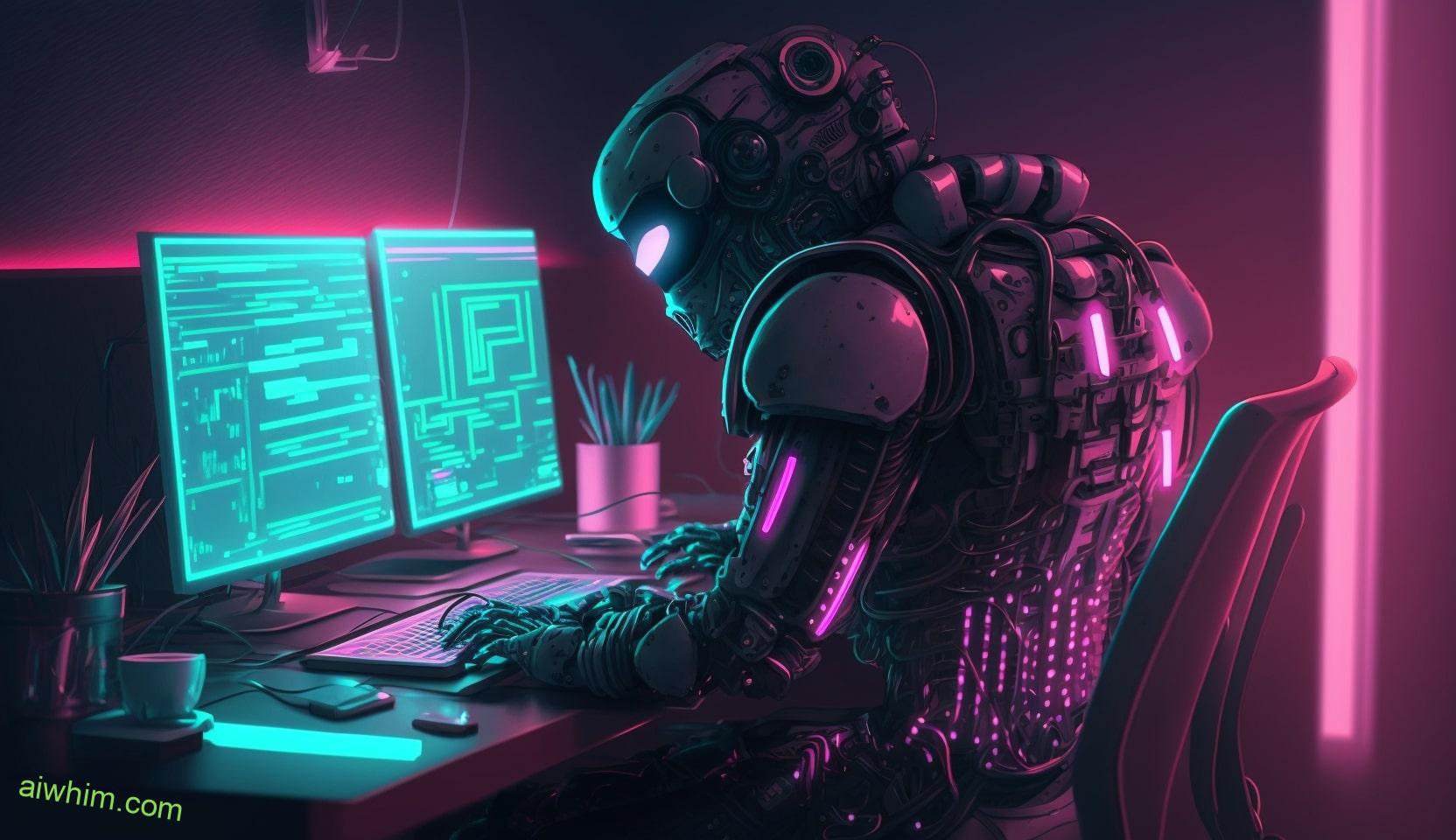
Balancing Automation and Human Touch
To achieve a successful integration of AI systems in hotels, finding the right balance between automation and the human touch is crucial. As technology continues to advance, hotels face the challenge of incorporating automation without sacrificing the personal touch that guests desire.
While AI can streamline processes and enhance efficiency, it’s important to remember that human interaction plays a vital role in the hospitality industry. Automation brings its own set of challenges. While it can help minimize errors and speed up processes, it lacks the ability to empathize, understand nuanced requests, and provide personalized recommendations. This is where the human touch comes in.
Hotel desk clerks have the ability to connect with guests on a personal level, ensuring their needs are met beyond what a machine can offer. From providing local recommendations to resolving complaints, human interaction adds a level of warmth and understanding that can’t be replicated by technology.
Striking the right balance between automation and the human touch requires careful consideration. Hotels must identify areas where automation can enhance efficiency, such as check-in and check-out processes, while preserving opportunities for human interaction. Automated systems can handle routine tasks, freeing up staff to focus on building relationships with guests. By leveraging AI to handle mundane tasks, hotel desk clerks can devote more time to providing personalized service and creating memorable experiences.
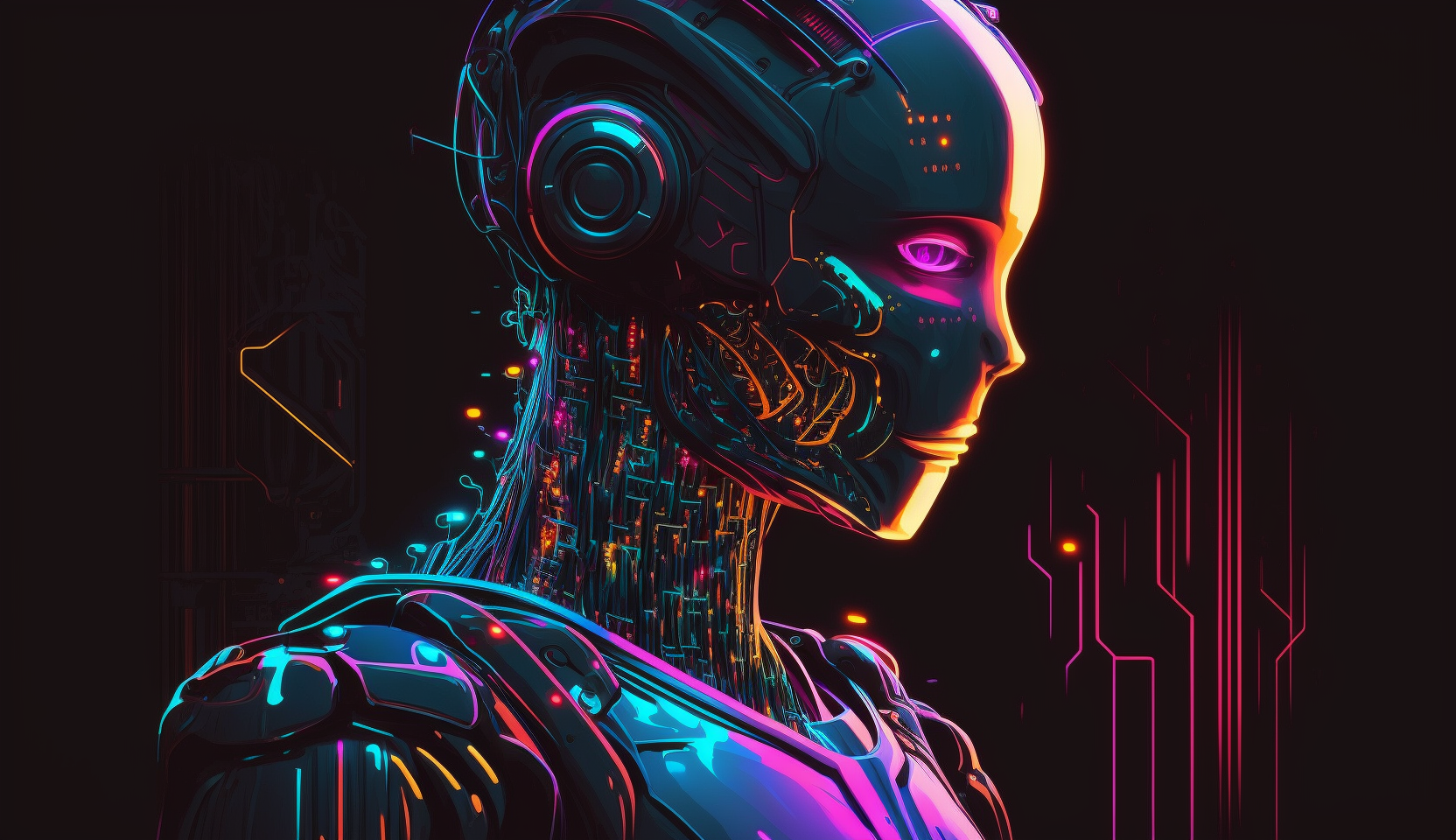
Ethical Considerations of AI in Hospitality
When considering the ethical implications of AI in the hospitality industry, it’s important to address the potential impact on guest privacy and data security. As AI becomes more prevalent in hotels, there are several key ethical considerations that arise:
- Protection of guest privacy: With the increasing use of AI in hotels, there’s a concern about the privacy of guests’ personal information. AI systems collect and analyze vast amounts of data, including personal details such as names, addresses, and preferences. It’s crucial for hotels to ensure that this data is stored securely and protected from unauthorized access.
- Transparency and informed consent: AI systems often make decisions based on algorithms and data analysis. However, guests have the right to know how their data is being used and the extent to which AI is influencing their experience. Hotels should be transparent about the use of AI and obtain informed consent from guests before collecting and utilizing their data.
- Data security: AI systems rely heavily on data to function effectively. Therefore, it’s crucial for hotels to implement robust data security measures to safeguard guest information from cyber threats. This includes encrypting data, regularly updating security protocols, and training staff on data protection best practices.
- Accountability and bias: AI systems are only as good as the data they’re trained on. If the data used to train an AI system is biased, it can lead to biased outcomes. Hotels need to ensure that their AI systems are trained on diverse and unbiased data to avoid perpetuating discriminatory practices.
Considering these ethical implications surrounding data privacy and security is essential to ensure that the integration of AI in the hospitality industry respects guests’ rights and maintains their trust.
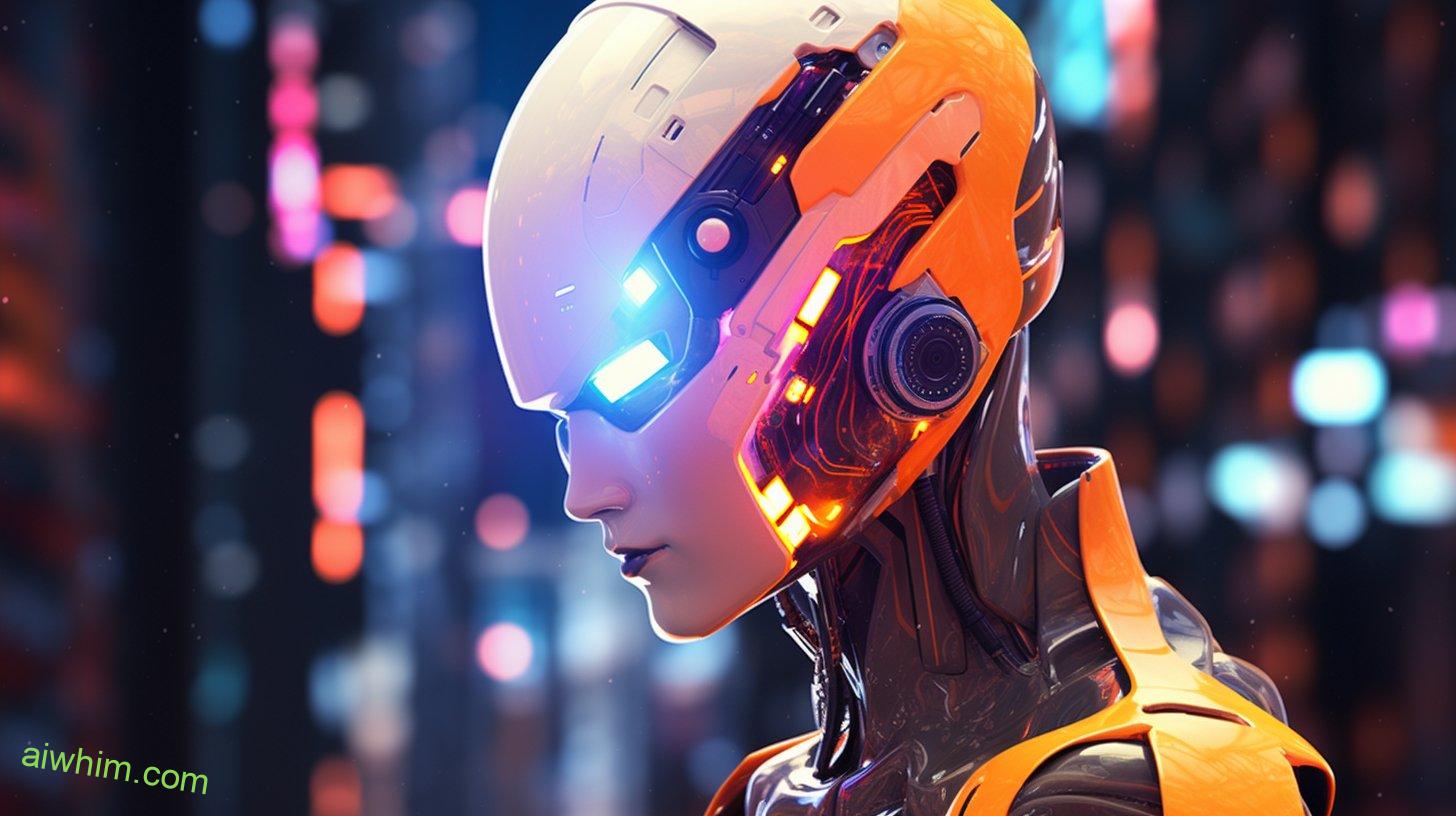
Future Outlook for Hotel Desk Clerks
The role of hotel desk clerks is expected to undergo significant changes in the near future due to advancements in AI technology. The changing workforce dynamics and customer service implications are two key factors that will shape the future outlook for hotel desk clerks.
With the advent of AI technology, hotel desk clerks may find themselves working alongside intelligent machines that can perform tasks more efficiently and accurately. These machines can handle check-ins, reservations, and other administrative tasks, allowing desk clerks to focus on more complex customer service issues or provide personalized recommendations to guests.
While this may initially raise concerns about job security, the changing workforce dynamics can also create new opportunities for desk clerks. As AI takes over routine tasks, desk clerks can upskill and specialize in areas that require human touch and emotional intelligence. This could include offering personalized recommendations based on guest preferences, handling guest complaints or requests, and providing a warm and welcoming environment for guests.
The customer service implications of AI in the hotel industry are significant. AI-powered virtual assistants can provide instant responses to guest inquiries, eliminating the need for guests to wait in line or on hold for assistance. This can lead to improved guest satisfaction and faster response times.
However, it’s important to strike a balance between AI technology and human interaction. While AI can enhance efficiency, it can’t replicate the empathy and understanding that a human desk clerk can provide. The future outlook for hotel desk clerks will likely involve a combination of AI technology and human presence to deliver exceptional customer service and create memorable guest experiences.
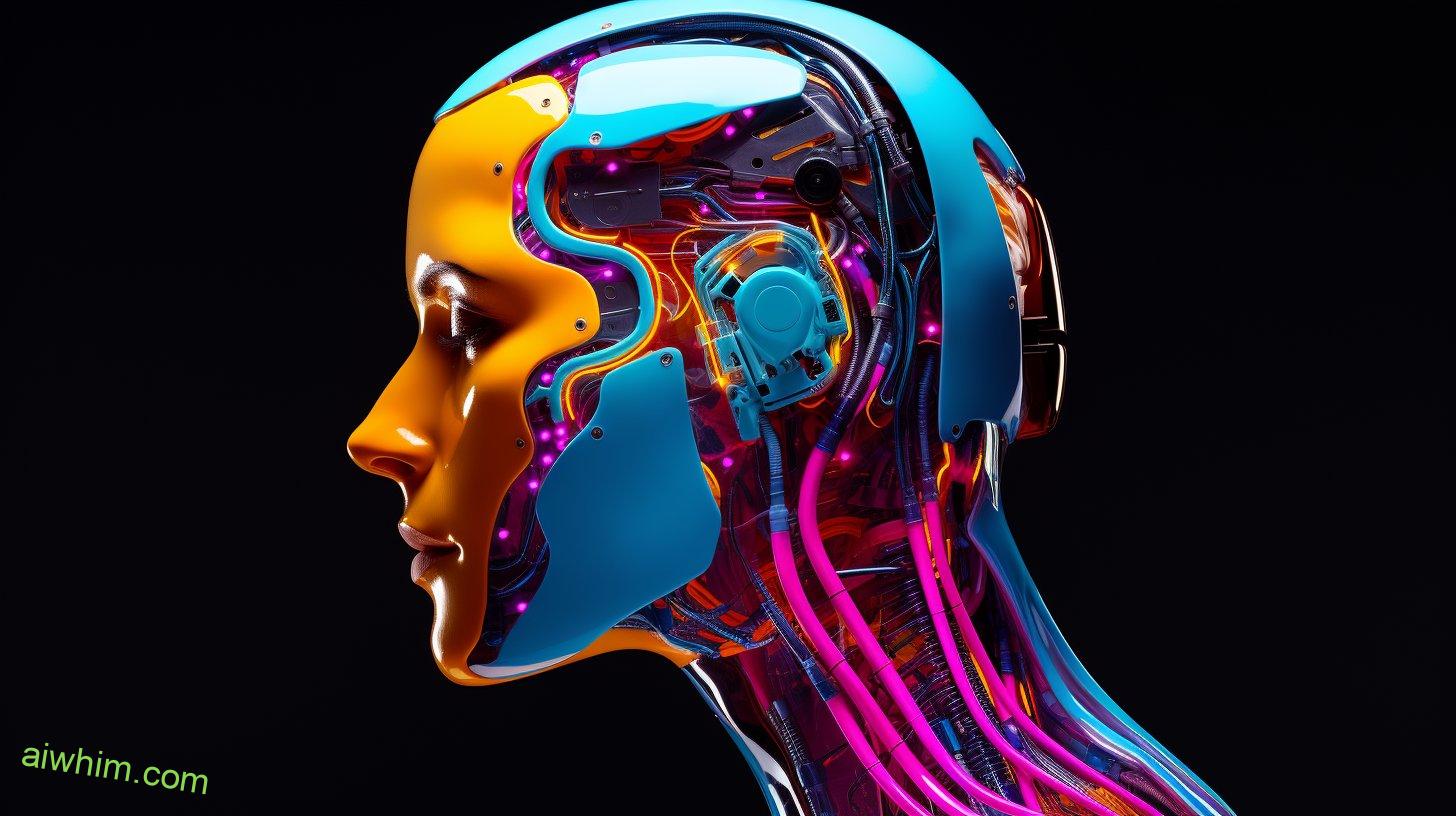
Embracing Technological Advancements in the Industry
Hotels can embrace technological advancements in the industry by integrating AI technology into their operations. This technological integration can bring numerous benefits and improve the overall guest experience. Here’s how hotels can leverage AI to stay ahead in the industry:
- Streamlined check-in and check-out processes:
- Implement self-service kiosks that allow guests to check-in and check-out quickly and efficiently, reducing wait times and increasing guest satisfaction.
- Utilize facial recognition technology to automate the identification process, eliminating the need for physical identification documents and making the process even faster.
- Personalized guest experiences:
- Utilize AI-powered chatbots to provide instant responses to guest inquiries, catering to their needs and preferences.
- Analyze guest data to offer personalized recommendations for dining, activities, and local attractions, enhancing the overall guest experience.
With these advancements, hotels can automate time-consuming tasks and free up staff to focus on providing exceptional customer service. Automation benefits include:
- Increased efficiency:
- AI can handle repetitive tasks such as room service requests, thus freeing up hotel staff to focus on more complex and personalized guest needs.
- Automated systems can handle room allocation, ensuring that guests are assigned the most suitable rooms based on their preferences and requirements.
- Enhanced accuracy:
- AI-powered systems can minimize human errors, ensuring that guest information is accurately recorded and processed.
- Automated systems can efficiently manage inventory, reducing the risk of overbooking or running out of essential supplies.
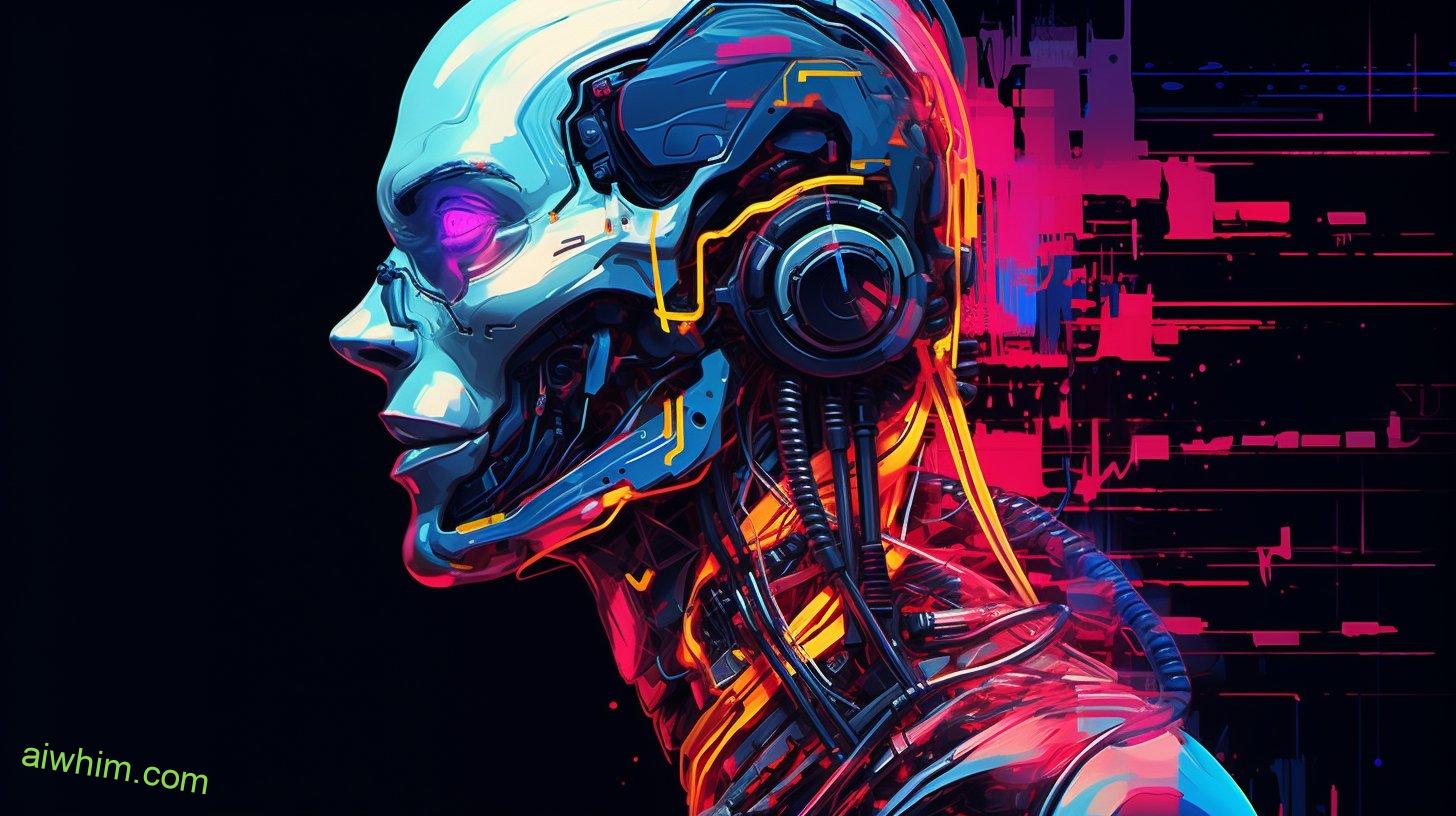
Frequently Asked Questions
What Are the Potential Ethical Considerations of Implementing AI in the Hospitality Industry?
When considering the potential ethical considerations of implementing AI in the hospitality industry, it is important to address data privacy and customer trust. These factors must be taken into account to ensure a sense of freedom for the audience.
How Do Hotel Desk Clerks Adapt to the TrAIning Required for AI Implementation?
You adapt to the training for AI implementation by embracing change and being open to new ways of doing things. It’s about learning and growing, so you can excel in a future where technology plays a bigger role.
How Can Hotels Balance Automation With Maintaining a Human Touch in Guest Interactions?
To balance automation with maintaining a human touch in guest interactions, you can focus on humanizing automation. By using AI to streamline processes, you can free up time to provide personalized guest experiences.
What Advancements in Technology Should the Hotel Industry Embrace to Stay Competitive?
To stay competitive, embrace advancements like virtual concierge and voice recognition technology. These innovations give guests the freedom to navigate their stay with ease, while still enjoying the human touch of personalized service.
What Is the Future Outlook for Hotel Desk Clerks in an Ai-Driven Industry?
In an AI-driven industry, the impact of AI on customer service is significant. The future outlook for hotel desk clerks may be uncertain, raising concerns about job security in the long run.
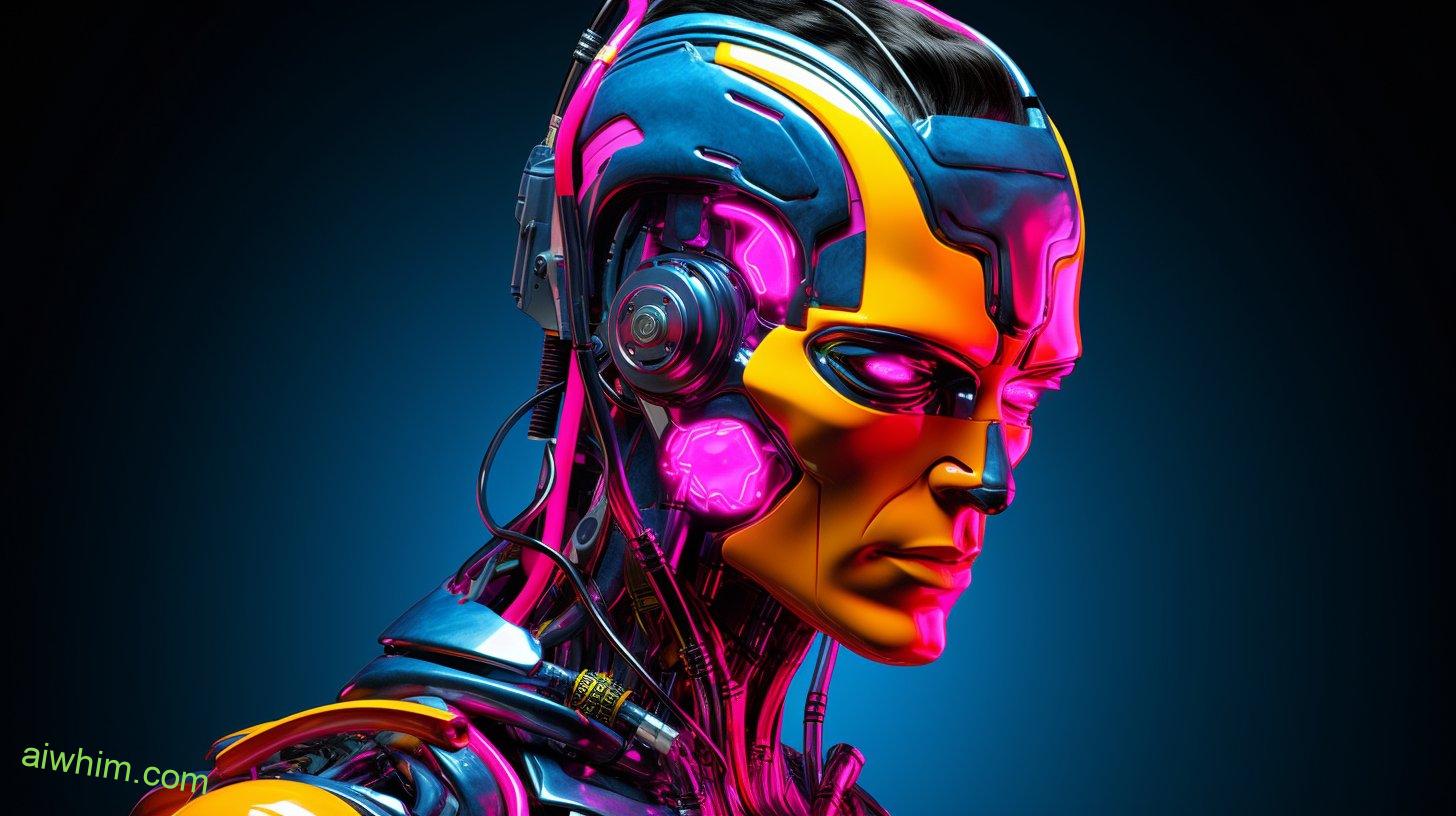
Conclusion
So, as you can see, the future of hotel desk clerks seems to be heading towards an AI takeover. With the rise of artificial intelligence in the hotel industry, the role of desk clerks is being streamlined and automated.
While this may impact their job security, it also presents opportunities for them to embrace technological advancements and adapt to new roles.
As the industry continues to evolve, desk clerks will need to find a balance between automation and maintaining a human touch in order to provide exceptional guest experiences.
The future is both exciting and challenging for hotel desk clerks.

